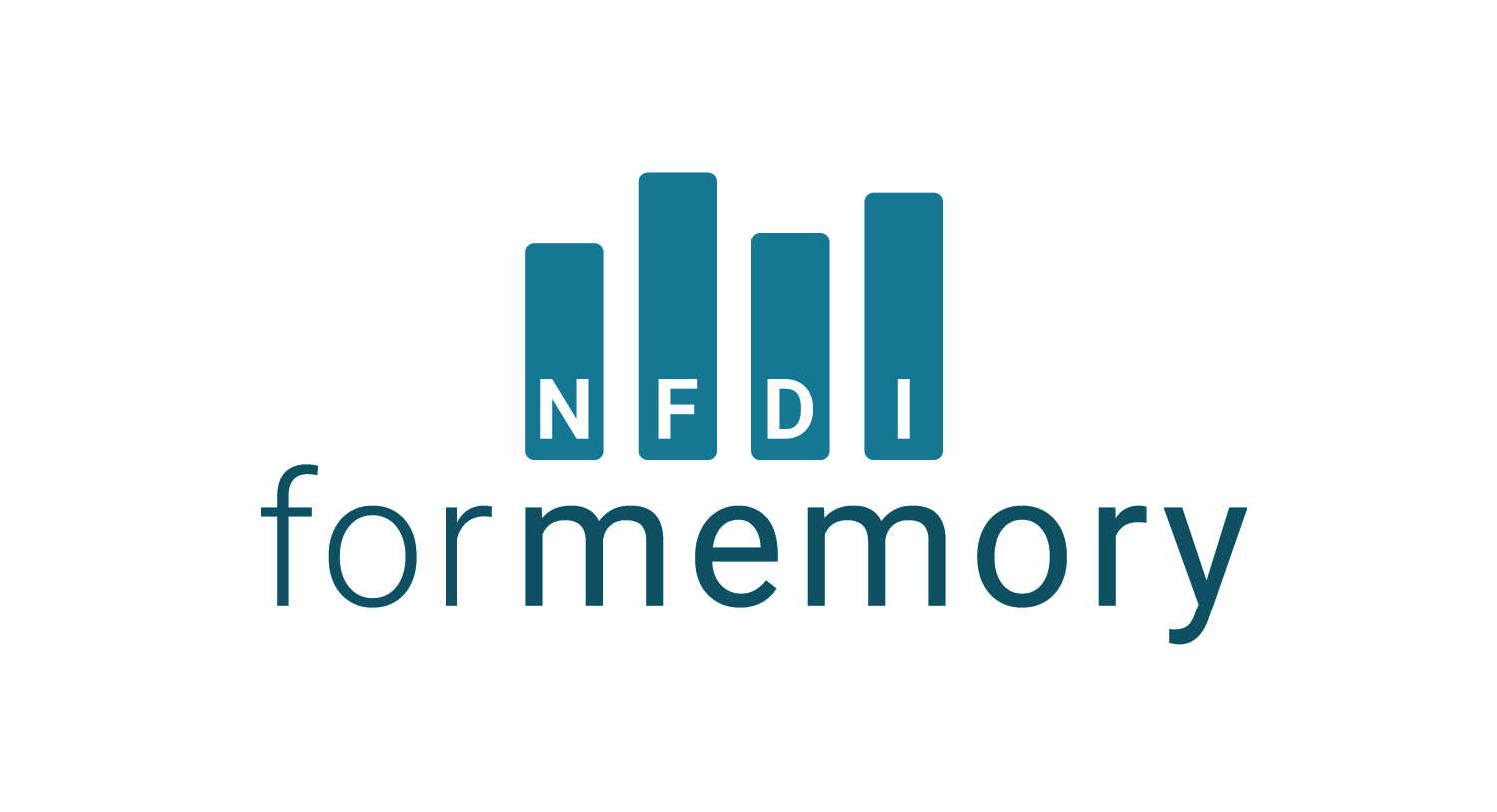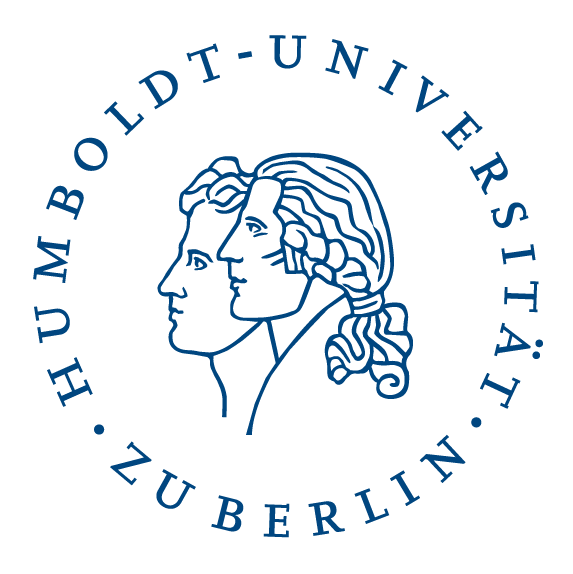



Sophie Eckenstaler, Till Grallert, Claus-Michael Schlesinger, Samantha Tirtohusodo
Humboldt-Universität zu Berlin
Universitätsbibliothek, Grimm-Zentrum
Institut für Bibliotheks- und Informationswissenschaften
Institut für Geschichtswissenschaften
“Future e-Research Support in the Humanities” (DFG, 2022–25)
Methods Innovation Lab, NFDI 4Memory
directories require ongoing upkeep, and it is unrealistic for an individual – particularly in an alternative academic career track – to do that work indefinitely.
Dombrowski („The Directory Paradox“ 2021)
Im Ergebnis sind diese Toolverzeichnisse in dem Anspruch eines umfassenden, representativen und je aktuellen Abbildes der verfügbaren Möglichkeiten computationeller Forschung und digitaler Wissenschaft als gescheitert zu verstehen.
minimal computing connotes digital humanities work undertaken in the context of some set of constraints. This could include lack of access to hardware or software, network capacity, technical education, or even a reliable power grid.
(Risam und Gil „Introduction: The Questions of Minimal Computing“ 2022, Abschn. 3)
this implies learning how to produce, disseminate, and preserve digital scholarship ourselves, without the help we can’t get, even as we fight to build the infrastructures we need at the intersection of, with, and beyond institutional libraries and schools.
(Gil und Ortega „Global Outlooks in Digital Humanities“ 2016, 29)
Wir müssen die Frage “was brauchen wir” mit “was haben wir” beantworten können
SELECT DISTINCT ?tool ?toolLabel ?tadirahID ?method WHERE {
SERVICE wikibase:label { bd:serviceParam wikibase:language "[AUTO_LANGUAGE],en". }
# select all items that have a TaDiRAH ID and are therefore assumed to be research methods
?method p:P9309 ?statement0.
?statement0 ps:P9309 ?tadirahID.
# select all items that have assigned a method from our subset through `has use`
?tool wdt:P366 ?method;
# filter for all items that are an `instance of` "software" or its subclasses
wdt:P31/wdt:P279* wd:Q7397.
}